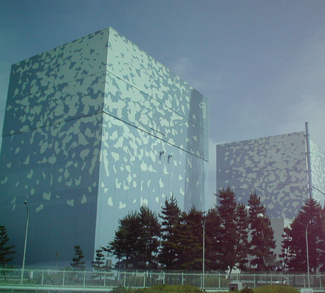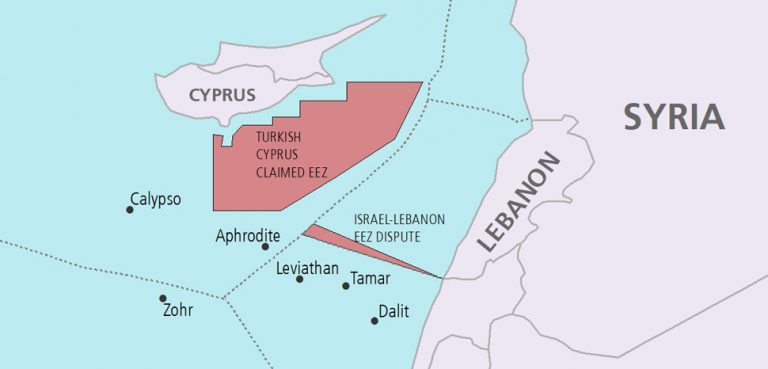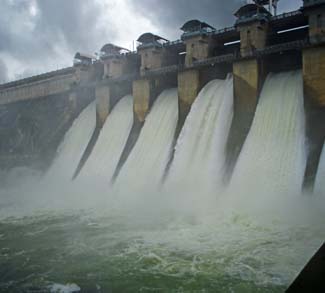Uranium mining executives were at a higher risk for heart attacks this month after two Japanese courts ruled on the restart of nuclear reactors in the country, stalled since the Fukushima Daiichi reactor had a nuclear meltdown in March 2011.
On April 14, the Fukui district court in western Japan ruled in favor of anti-nuclear activists and issued an injunction to stop plans to restart two nuclear reactors at the Takahama nuclear power plant. The court ruled that the safety of the plant could not be guaranteed.
However, the Kagoshima district court on April 22 overturned the Fukui court ruling, paving the way for the restart of the plant. If it goes forward, it will be the first nuclear reactor in Japan to be restarted since the Fukushima disaster.
Restarting the reactors has the support of Japanese Prime Minister Shinzo Abe, who has insisted that the Japanese economy is hurting due to diminished power generation.
On April 24, the Japanese proposed that nuclear energy be made to generate between 20% and 22% of the country’s electricity supply by 2030, with renewable sources to account for between 22% and 24% by 2030.




